|
|
ADDRESS AT THE INAUGURAL SESSION OF THE REGIONAL SEMINAR AND WORKSHOP-CUM-TRAINING PROGRAMME ON NARCOTIC DRUGS AND PSYCHOTROPIC SUBSTANCES, NEW DELHI
25-03-2006 : Vigyan Bhavan, New Delhi
Evolution of Drug Free Society
I am delighted to participate in the Inaugural Session of the Regional Seminar and Workshop-cum-Training Programme on Narcotic Drugs & Psychotropic Substances (NDPS) by High Court of Delhi and Government of NCT of Delhi. My greetings to the organizers, Hon?ble Justices, law enforcement authorities, lawyers, academicians, scientists, societal reformers, students and distinguished guests participating in this seminar. NDPS is becoming a major challenge for the well being of our youth both in India and many countries in the world. There is a need for finding a comprehensive solution for preventing our youth from getting exposed to NDPS which can have a long term effect on the mental and physical health of our youth. Towards this end, the conduct of this seminar with the participation of multiple stakeholders is timely and will definitely go a long way in providing harmonious living environment for our youth living in urban and rural areas.
Elango's initiative
Before coming to the subject proper, I would like to narrate a case study which has taken place in one of our villages in Tamil Nadu. Elango, a village Panchayat President, a Chemical Engineer, and a native of the village, pledged to develop Kuthampakkam. He decided to contribute for the village where he lived. In 1990, he gave up his job and started living in the village. Observing the poor living conditions of the people, Elango decided it was his first aim to retrieve people from illicit distillation activity. He then tried persuading them to take up alternative employment, planning some short term jobs for them, orientation programmes and a few more events, but all his efforts were unsuccessful. The people did not accept Elango, nor were they ready to recognize his efforts to improve their lives. All they wanted was a sustainable income. He came to the firm belief that organizing community employment for the people on a long-term basis was the only way to stop them from illicit distillation. He realized that neither preaching nor short-term benefits would attract them; only a steady income would. Elango was able to provide his villagers with sustainable employment through government schemes like the 'Namakku namae' project. "Under that project, he laid concrete roads with the members of village by dividing them into different groups and the project was handed over to them. One group bought material and another distributed it, while a third worked. Now the village has concrete roads for a stretch of more than four kms, without any compromise on quality. The project has not only provided alternative employment but also quality roads. Also about 900 families of Kuthampakkam under the low cost housing project have been transformed into an organized community with a harmonious eco-friendly lifestyle. Social tensions have disappeared. Every one in the village engages himself/herself in a constructive activity irrespective of age, gender or caste. Through the efforts of Shri Elango village is now busy in making leather products for export purposes. The purpose of my bringing out this case study is to emphasize the need for determining the root cause of the evil when you attempt to transform an existing practice or system. In this particular case, illicit liquor arose out of necessity for making a living. Once, alternative for the living has been found Shri Elango was able to slowly transform the people in the right direction and make them live a peaceful life without any guilt complexes. Though in the initial stage the revenue they were getting was not very high slowly with number of village level tasks and the use of core competence of the village in multiple areas has resulted in making the village economically prosperous. I am sure that the same is true with NDPS also.
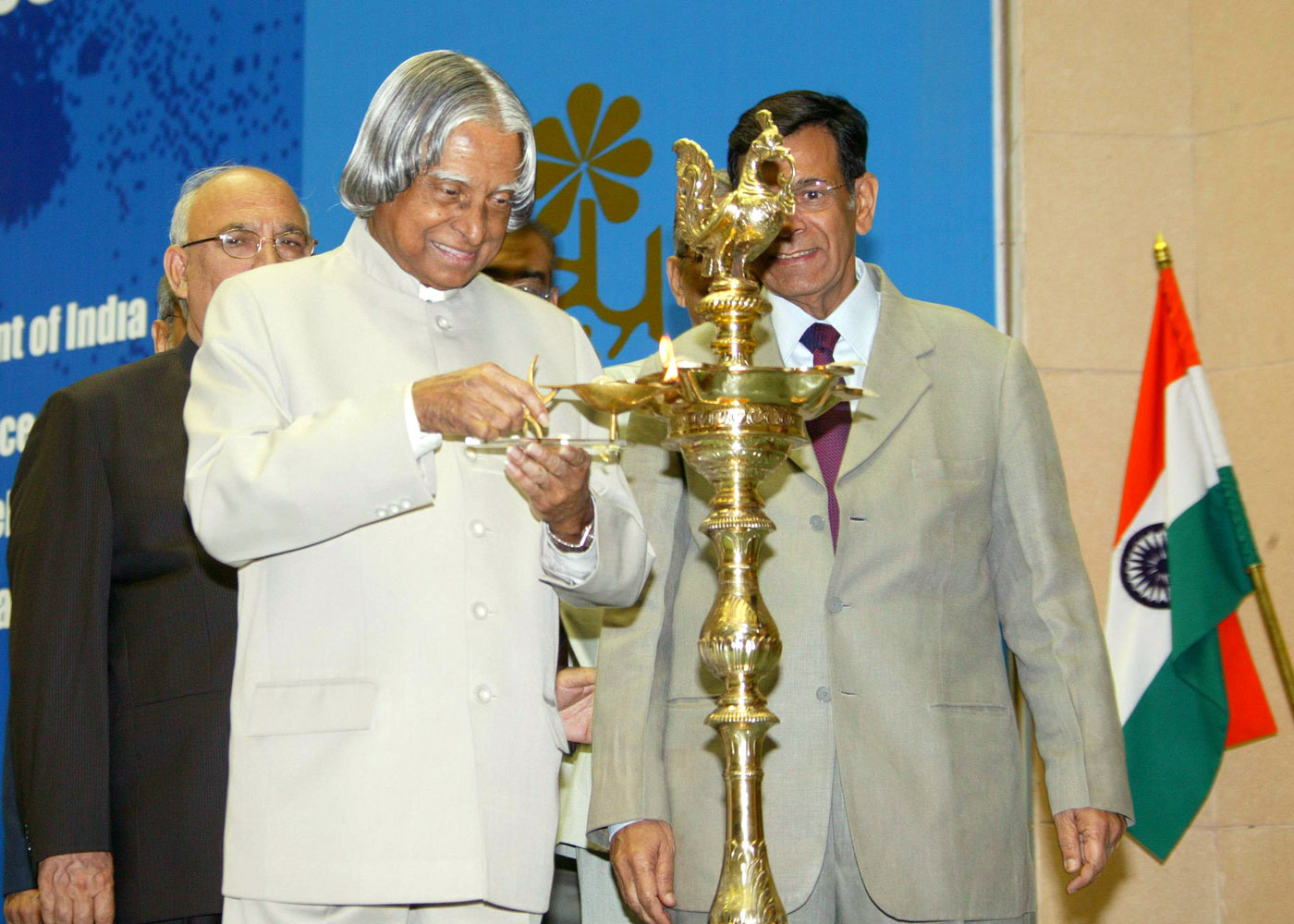

Vulnerability of Nations
The implementing bureaucracy and our judicial brethren who are present here would know better than me how far our laws have been effective in dealing with this menace. All of us are aware of the many countries abroad where very fast conviction process including exemplary penalty is prescribed for drug trafficking and drug abuse. Deterrent punishment is one of the strongest solutions to deal with the problem. If necessary, our NDPS Act has to be amended drastically to deal with this problem effectively and quickly.
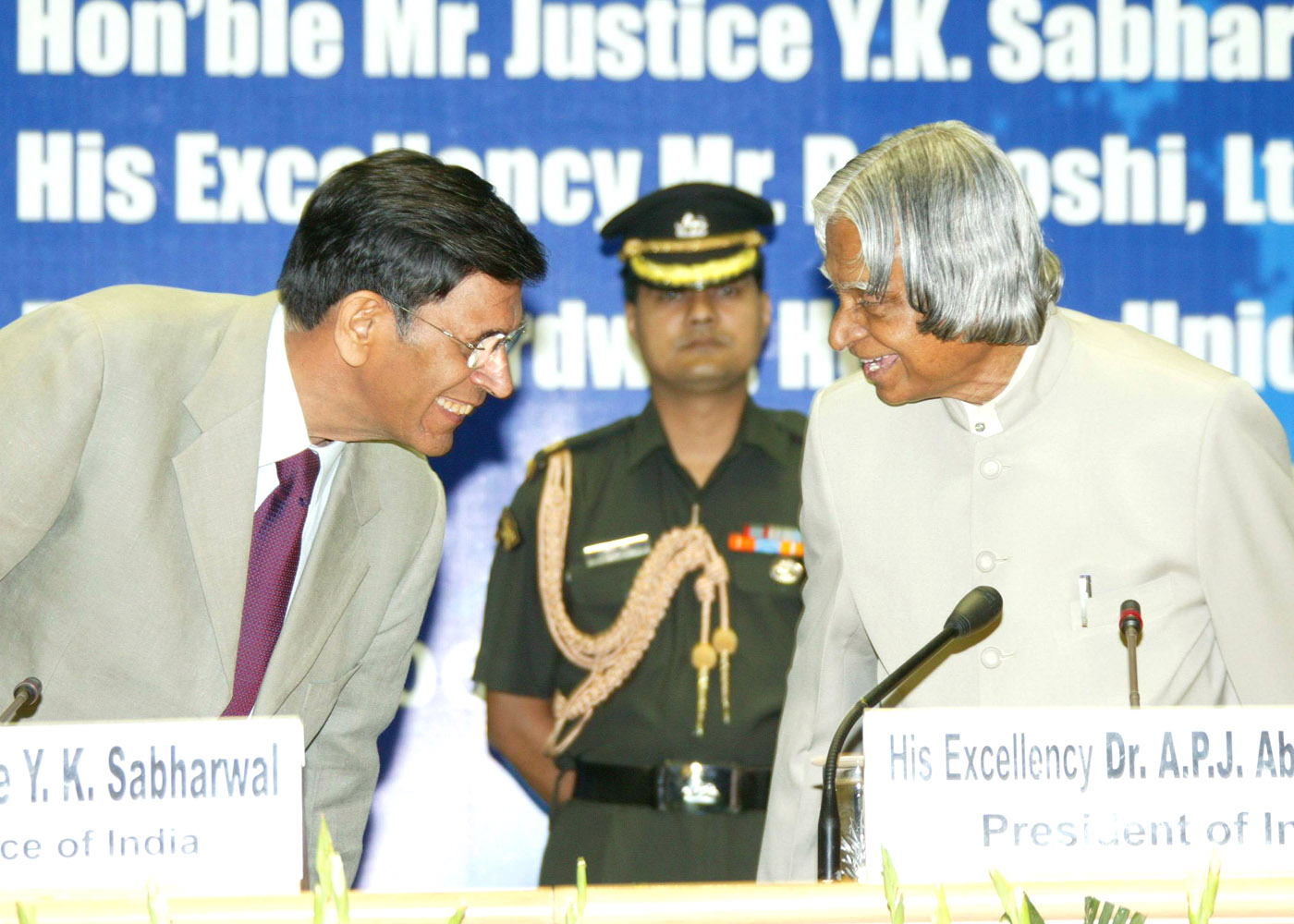
It is essential to understand how a nation is vulnerable by trafficking drugs which effects in two aspects (a) marketing the drug to the youth of the targeted countries results in the destruction of the moral character of the youth force and (b) the earnings coming out of the business of trafficking countries at the cost of the nation is being used for funding the cross border terrorism in that very nation. All the more it is important for the nation to be alert against soft war efforts.
I have studied the legal, judicial, social and control measures associated with NDPS Act. My study indicates that there are several interfaces in the total system which have to function coherently with the prime purpose of insulating our youth from the use of NDPS. Let me illustrate some of the interfaces and how they should perform in the ideal condition.
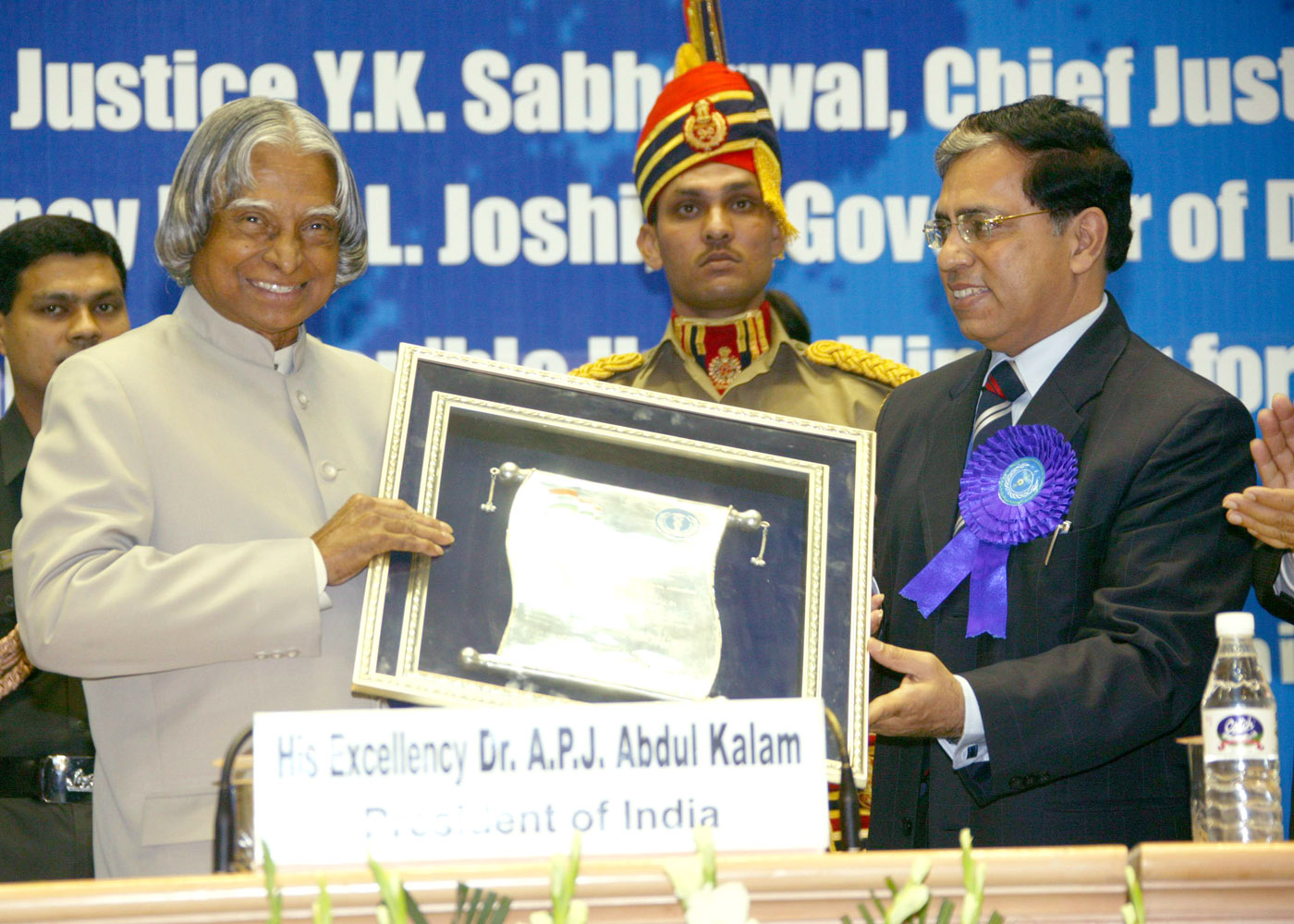

Political Leaders
Political Leaders are responsible for the enactment and modification of the law. While enacting any law one has to consider the law should be able to protect the society and definitely punish the offender. But at the same time it should not become a tool in the hands of unscrupulous element to punish those who are not guilty. Also, it is to be ensured that law must be universal and should not be discriminative against certain cross section of the offenders. In this connection, I would suggest that there is a need to strengthen the investigation process leading to forfeiture of drug related assets.
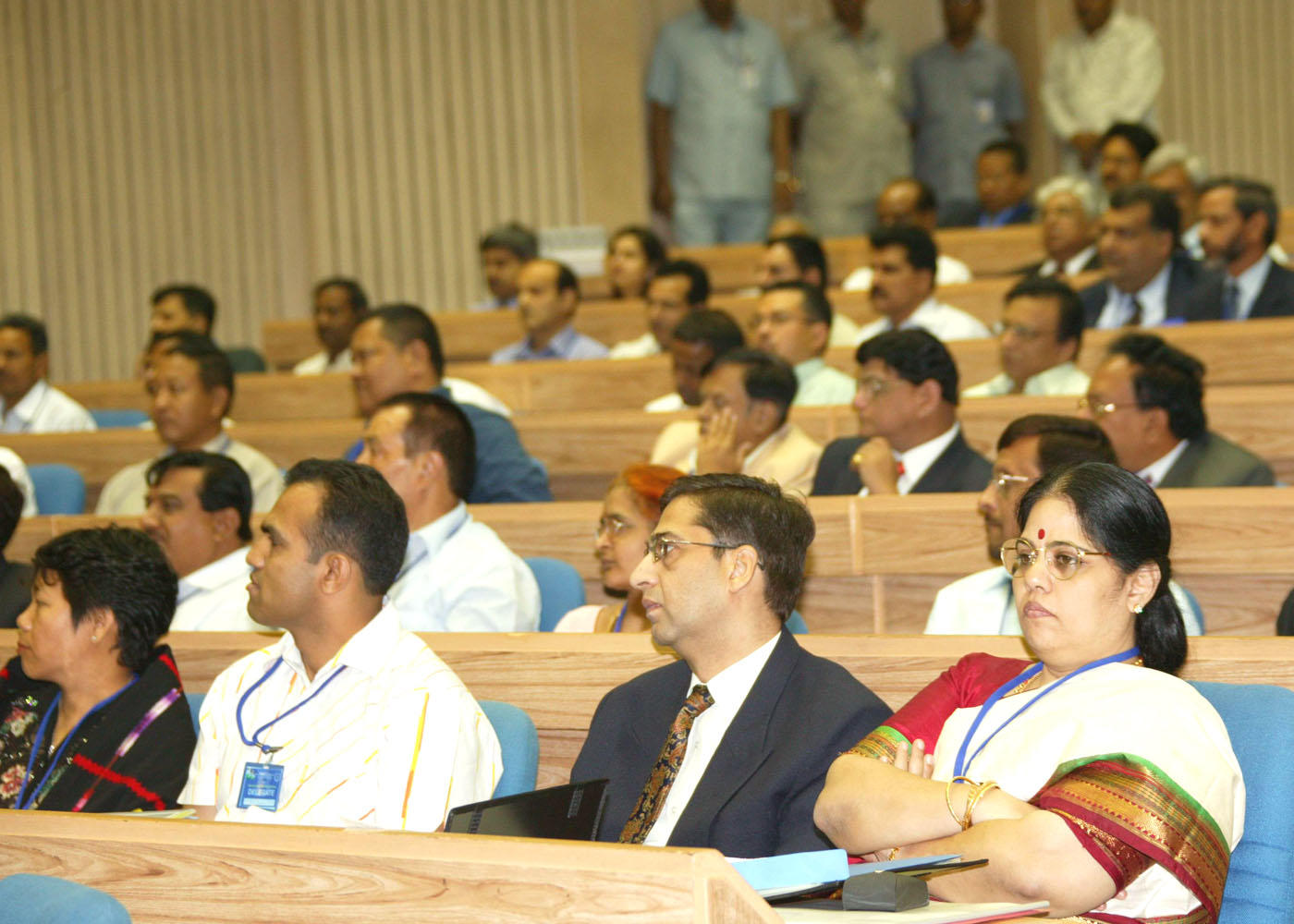

Law Enforcement Agencies
Law Enforcement Agencies are required to enforce the law without any bias or extraneous considerations. While studying the national enforcement statistics, I find that the seizure have been made in respect of several drugs. The maximum seizure is in the case of Ganja followed by Hashish, Heroine, Acetic Anhydride and Methaqualone. In addition the Department has arrested over 19,000 persons in 2003 whereas the number of persons prosecuted are 7800, number of persons convicted are 3006 and number of persons acquitted are 2300. This shows there is a large gap between the number of arrests made and the actual conviction. This should definitely become a matter of concern for the law enforcement authorities and the judiciary. In addition, the law enforcement authorities have also destroyed number of manufacturing facilities which is definitely a good pre-emptive move. Actually, the major portion of the law enforcement should be to locate the commencement of the illegal activity and destroy it before it spreads. Since the drug related offences are dealt with by number of agencies such as Customs, Central Excise, Directorate of Revenue Intelligence, Central Bureau of Narcotic, CBI, BSF, Police and Excise Departments of various States, Military and Coast Guard, there is a need to integrate the action through a central co-ordination system. Police must be careful to see that they do not detain people, who are undergoing a rehabilitation programme. This will cause severe discouragement and de-motivation.
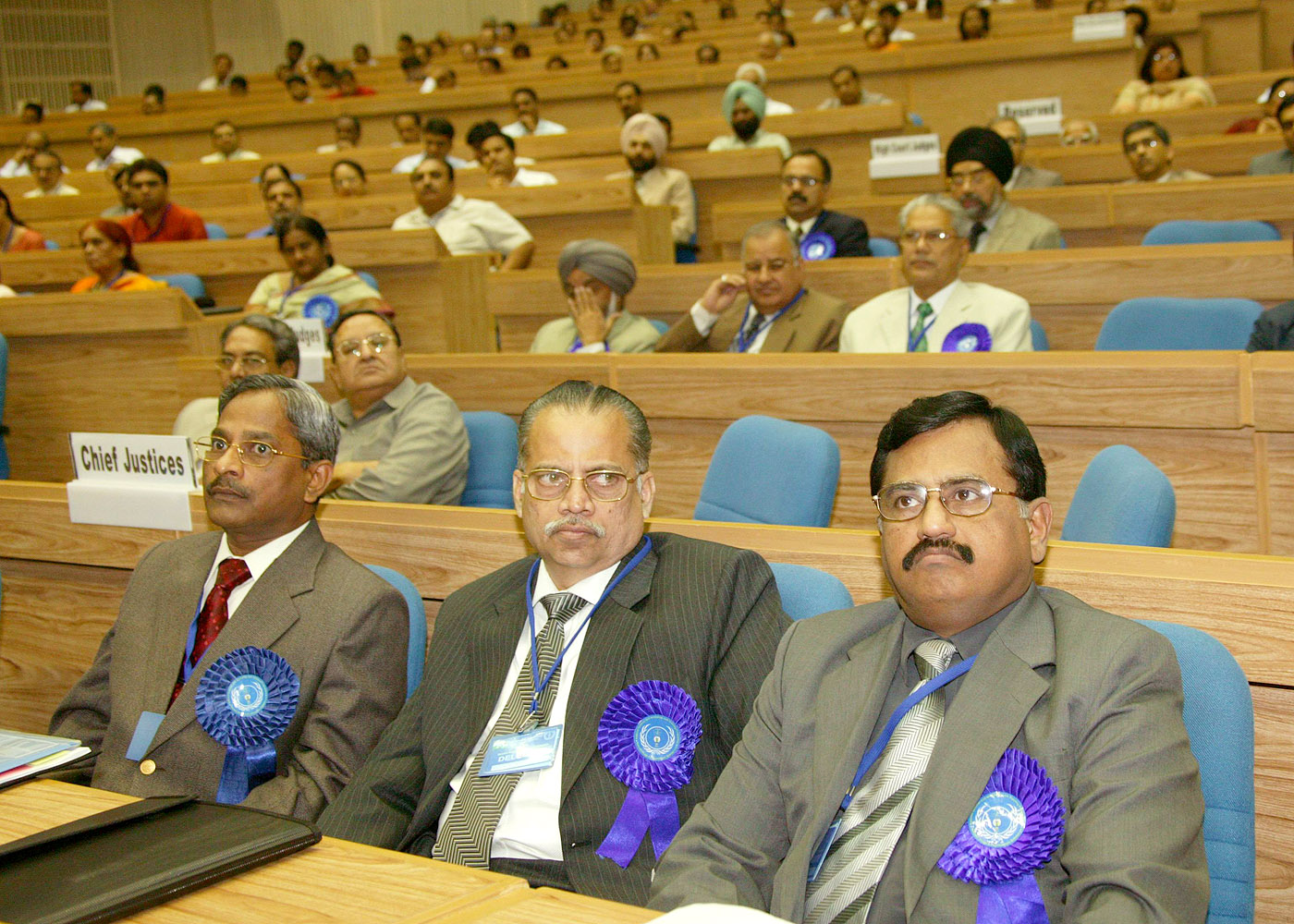

Judiciary
Just now, I have given the illustration of the prevailing mismatch between arrests, prosecution and conviction. This can happen either due to wrong arrests or not having adequate evidence to establish the guilt. We have definitely to be concerned about both these factors. In addition, I find that the Courts also have a tendency to give the benefit of doubt to the accused purely due to technical reasons of law. Here, I am reminded of the famous statement of Nani Palkivala ?law is somewhere and justice is somewhere else?. I would suggest that the Hon?ble Justices assembled here to take the responsibility to ensure that both law and justice become convergent and point in the same direction. If this is done, it will become a deterrence and the crime rate is bound to reduce. Of course, there is a need to speedup the judicial process with minimum adjournment. Probably it may be useful to conduct a case study of hundred cases to examine the number adjournments and the duration it has taken to settle the case on an average. This study may also throw a light on how to speed up the judicial process.
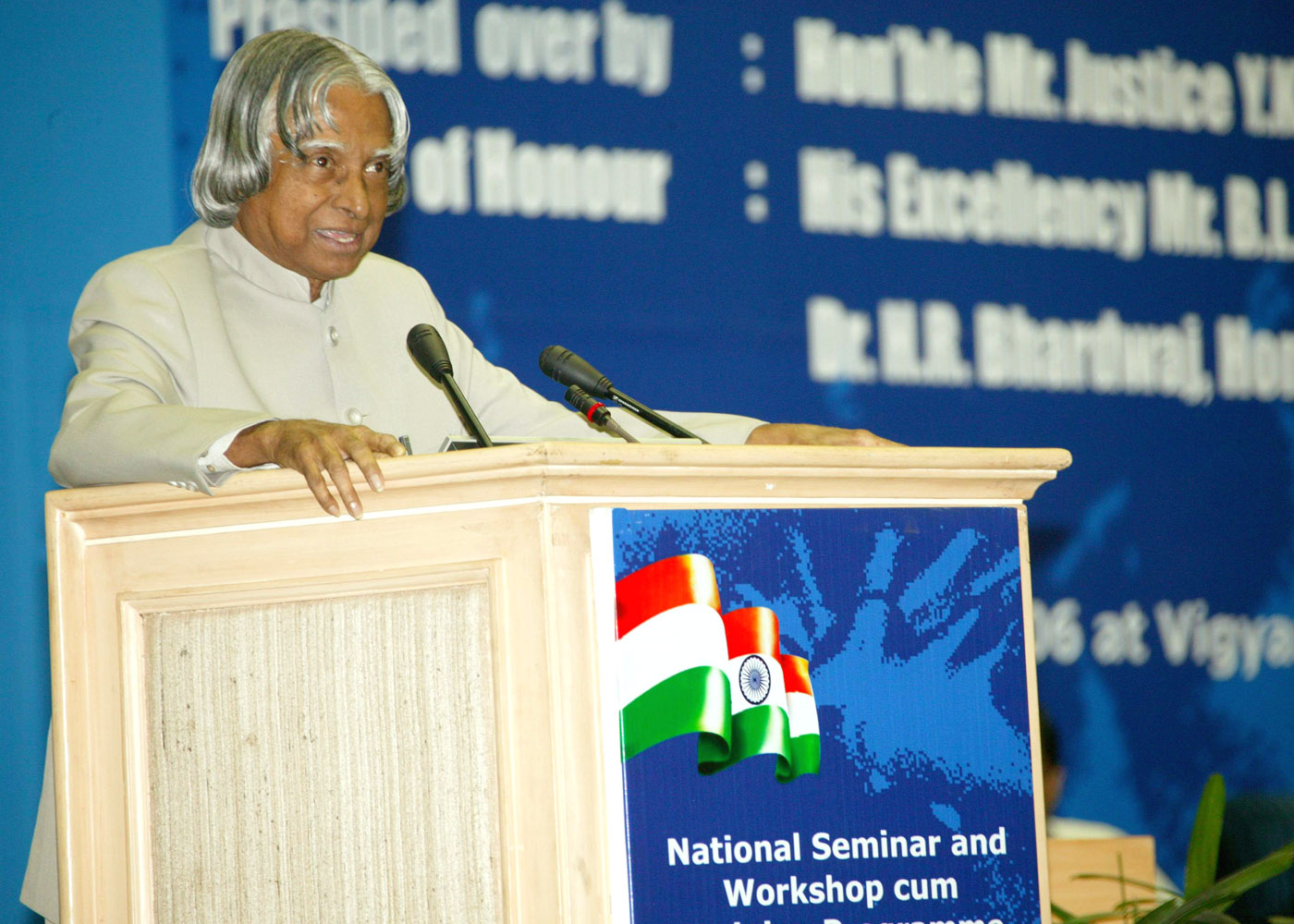

Parents
Young people use substances because they satisfy issues related to adolescent development. These needs include: taking risks; demonstrating independence; developing values distinct from parents and other authorities; signalling entry into a peer group; seeking novel and exciting experiences; and satisfying curiosity. This is the time their parents have to pour their parental love, be watchful and see any pattern change in the behaviour of the son or daughter. At the first instance when they notice the change, they have to start discussing with the child various problems and enhance the day-to-day communication with the child. Parents must also find productive channelling of the energy of the child to healthy games and sports, fine arts such as painting, music, dance etc. and participation in socially relevant activities apart from the main task of studies. In essence, parents have to ensure that the child is kept fully, physically and mentally occupied for nearly eighteen hours a day including the study period in the class. Parents must also have a mechanism to assess whether the child in this period is going to the class or not. Such pro-active step will definitely prevent the child from moving in a negative direction.
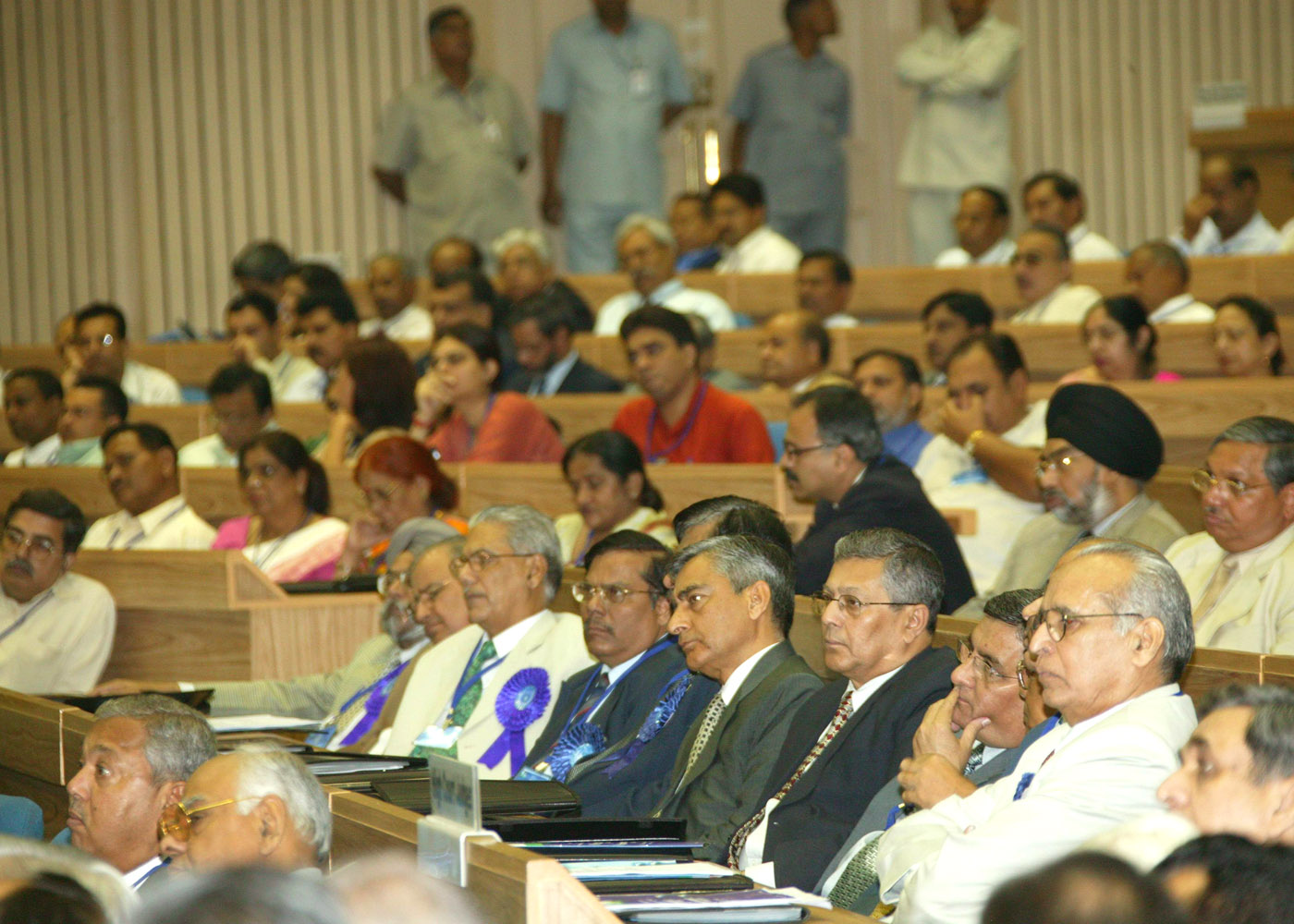

Teacher
The teacher in the school has a great responsibility in shaping the character of the student especially during the adolescent period. Any academic performance variation in the student must be noticed and the counseling process must immediately commence. Also, the teacher must have the patience to talk to the parents and get some feedback about the behaviour of the student at home. In this connection, I recall my teacher Shri Muthu Iyer (1936), when I was in a elementary school in Rameshwaram. If I do not attend the class for any reason the teacher used to come to my home meet my father and enquire about me. This is the type of concern he showed for my absence from the school. It is very difficult to follow this system in the modern environment. However, periodically parents-teacher meet is essential for promoting the well being of the child.
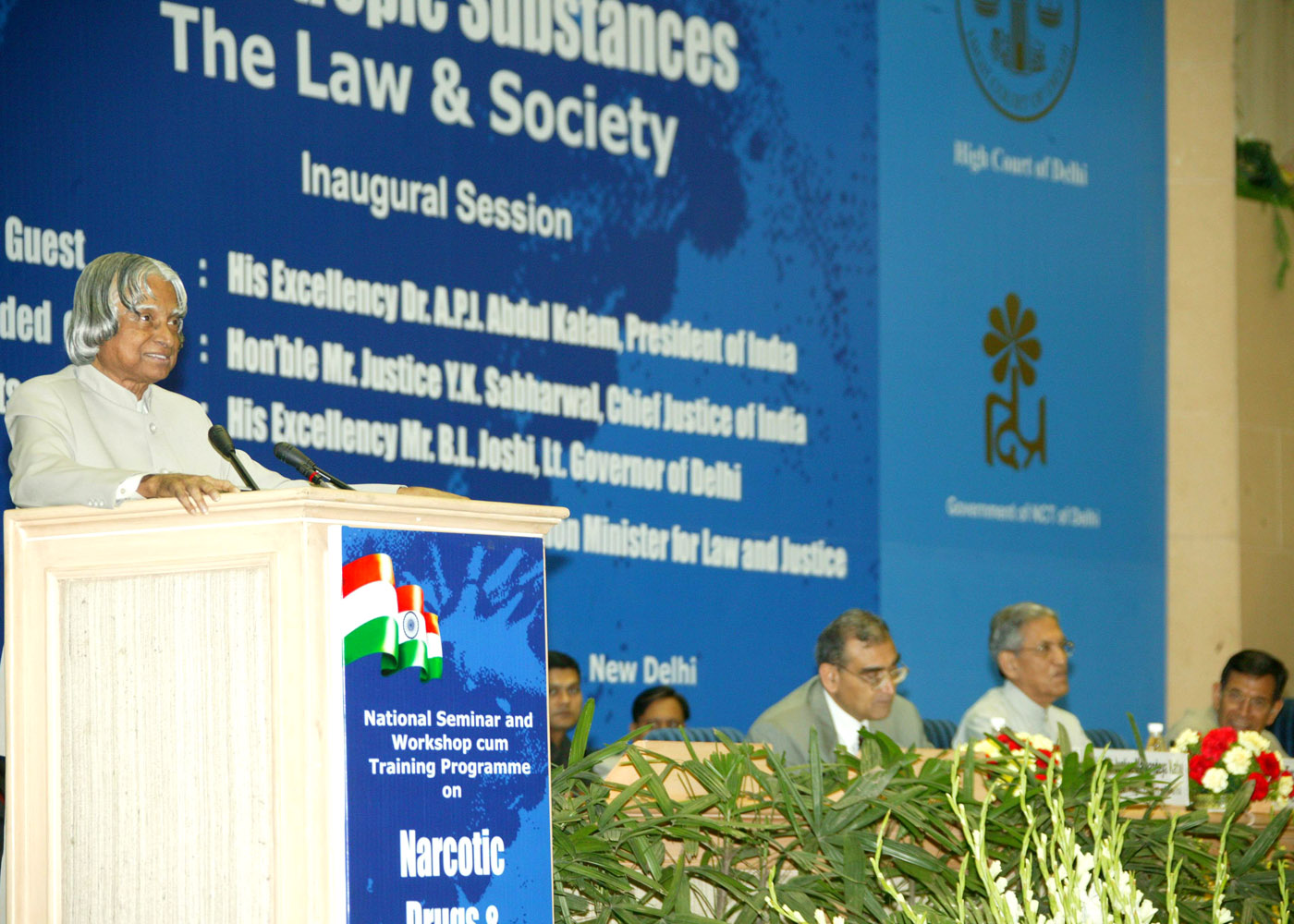

Participation in Religious Activities
Surveys and a few prospective studies show that adults and teens who consider religion to be important and who attend religious services weekly tend to be less likely than others to smoke, drink or use drugs. There are many reasons why this might be the case, including: (1) adherence to religious proscriptions against the use/excessive use of particular substances; (2) the satisfaction, through religion, of needs that can lead to drug use (e.g., finding a meaning in life); and (3) involvement in time-filling activities that do not involve drug use (e.g., services or youth groups). It is also possible that people who choose to involve themselves in religious institutions have other characteristics that reduce their vulnerability to substance abuse, like supportive families. I understand that a few spiritual institutions in India have effectively de-addicted, rehabilitated and socially reintegrated the victims. Also, they have used the reintegrated youth as the counselors for the young so that they do not get trapped in the same situation.
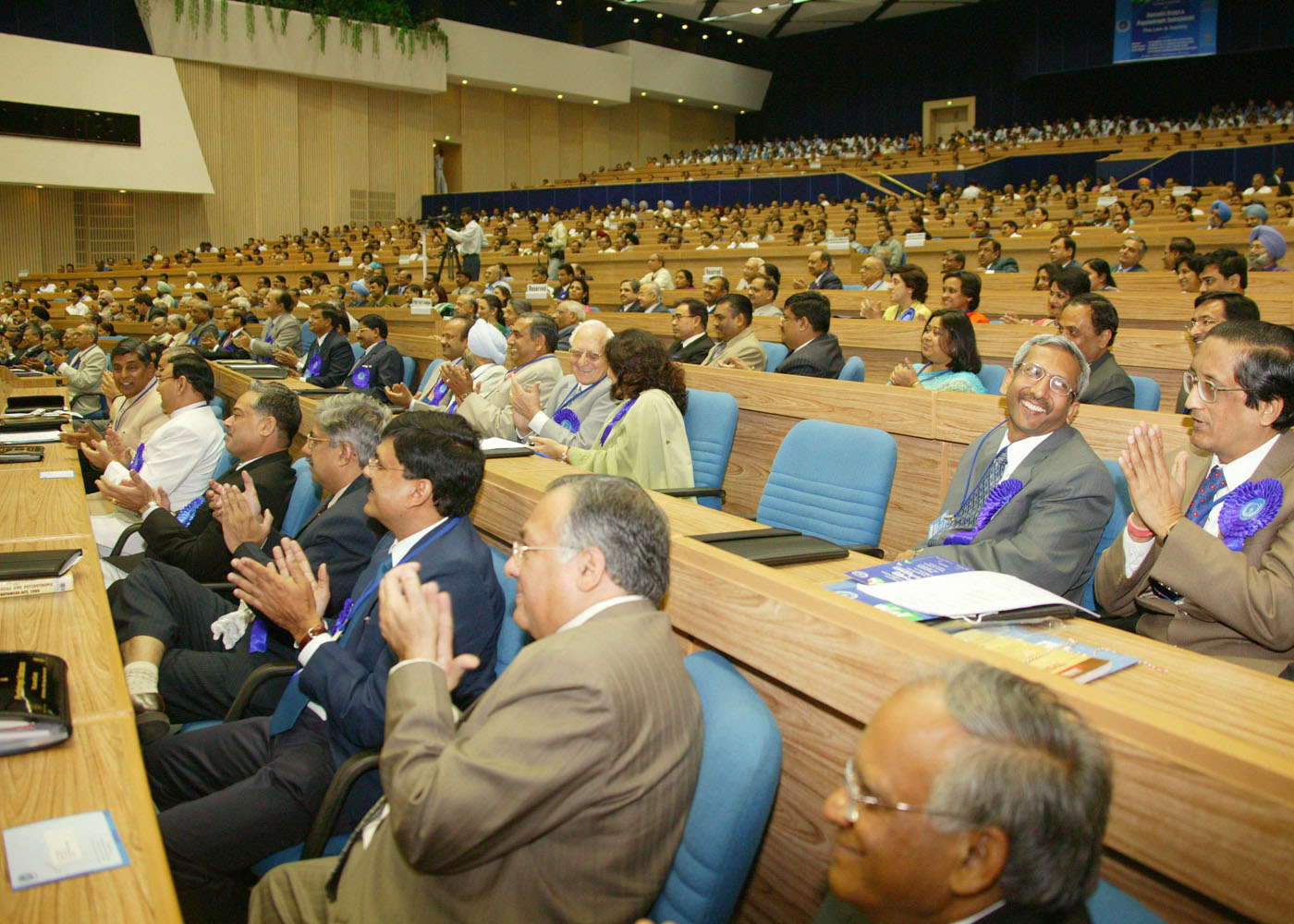

Enlightened Citizenship
The long term solution for evolving a happy, prosperous and peaceful society in our planet is by the creation of enlightened society. How do we create such an enlightened society, which has three components (i) Education with value system (ii) Religion transforming into spirituality and (iii) Economic development for removing the societal inequality.
The youth drawn from such an enlightened society should become guardian for protecting the new generation youth being invaded by NDPS. They should be alert to the happenings around the school and other areas where students are frequented and prevent them from falling into wrong companies. They should also create productive time filling societal activities for the youth during their spare time, holidays and vacation.

Conclusion
Apart from the provisions of law which can be invoked to punish those guilty, it enjoins on each one of us and the society in general to deal with drug abuse and drug trafficking on a social and psychological level. Our educational system should be so oriented, particularly at the early stages to instill in the young minds a fear of the terrible dangers involved in pursuing drug abuse and how it destroys an individual?s life indubitably. Our educationists need to look at the syllabi particularly at the school levels to see if adequate attention has been given to deal with this problem by making the impressionable minds aware of the dangers involved. The parents, the teachers, the NGOs and religious and spiritual leaders have an equally important role to play in this regard. What is needed is to generate a deep and keen awareness in the various strata of society of the deleterious effects of this deadly habit. And this cannot be a one-off operation; it has to be sustained, continuous and result-oriented. Once the younger generation gets into the habit, there is virtually a point of no return. De addiction and Rehabilitation centers can play their role only to a limited extent. The basic philosophy should be to ensure that adequate educational inputs are made available to each individual particularly the younger generation early enough so that the various dangers involved are imprinted in the minds once for all. Easy money, apart from the transitory rapture is one vital fact that attracts people to take to this habit of drug abuse and drug trafficking. As I mentioned earlier our laws should be strong enough and strict enough to deal with these aspects effectively and with speed.
I inaugurate the Regional Seminar and Workshop-cum-Training Programme on Narcotic Drugs & Psychotropic Substances and wish you success in your mission of evolving a society free from NDPS. May God bless you.

<<Back
|
|